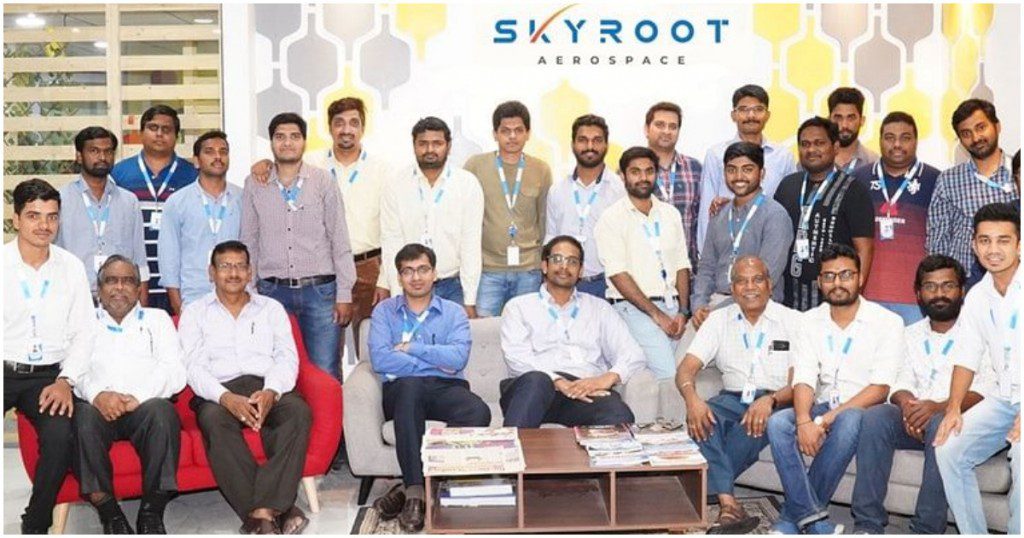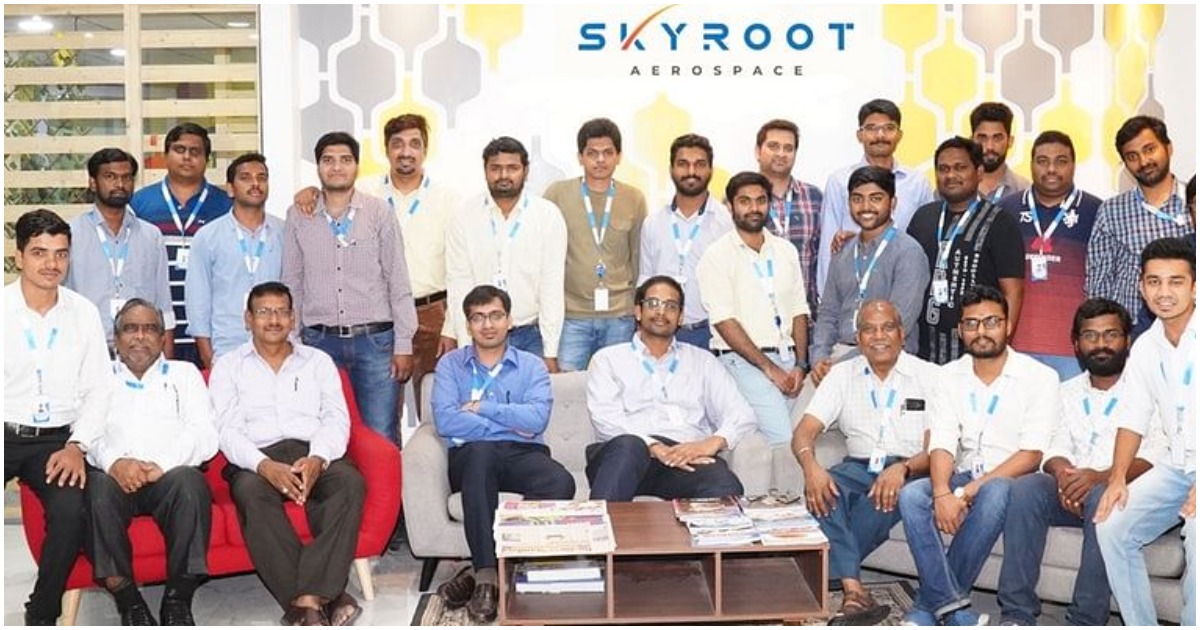Even as people are trying to battle the coronavirus on earth, some Indian startups are making their marks in the skies.
Aerospace startup Skyroot Aerospace has become the first Indian private company to successfully test fire an upper-stage rocket engine. The successful test demonstrated the capability of the startup to build a homegrown rocket engine. Skyroot’s engine, named Raman, is 3-D printed, and has fewer moving parts and weighs less than half of conventional rocket engines with a similar capacity.

Multistage rockets can have have as many as 5 stages: the booster stage carries the rocket to the atmosphere, at which point the other stages are deployed. Upper stage engines are used to finally deploy satellites into their exact orbits.
“We demonstrated India’s first 100% 3D-printed bi-propellant liquid rocket engine injector. Compared to traditional manufacturing, this reduced the overall mass by 50%, reduced the total number of components and lead time by 80%,” said Skyroot co-founder and CEO Pawan Kumar Chandana. Skyroot Aerospace has designed in-house software for launch vehicle guidance, navigation, and control functions, and is testing onboard its avionics modules.
You don’t just get up one day and start a space company — Skyroot founders Pawan Kumar Chandana and Naga Bharath Daka were former ISRO scientists. They decided to build a private space company after they saw the draft of the Space Activities Bill in 2017. The draft bill had recommended private firms in space programmes, including building rockets, satellites and launches, both for Indian and foreign customers. “Looking at the draft bill, we quit ISRO to start our own venture,” COO Naga Bharath Daka had said.
Skyroot Aerospace was thus founded in 2018. The startup is heaquartered in Hyderabad, has some some big-name backers — it’s raised Rs. 31.5 crore so far from investors which include CureFit founders Mukesh Bansal and Ankit Nagori. Like SpaceX, Skyroot Aerospace says it “envisions a future where spaceflight is as regular, reliable and affordable as airflight.”
It’s a bold mission, but one that’s been made possible by recent government moves that have opened up the space industry to the private sector. Along with Skyroot, startups such as Agnikul and Bellatrix are also building small launchers with 3-D printed engines, hoping to bring down the cost of launching satellites and capturing a bigger pie of the global small satellite launch market. Reports suggest that 10,000 small satellites could be launched globally in the next decade, and apart from government bodies of countries like US, Japan and India’s own Antrix, several private firms, such as SpaceX, are also in the fray. Space is emerging as a new frontier, both for nations and for companies, and Indian startups are also throwing their hats into the ring.
